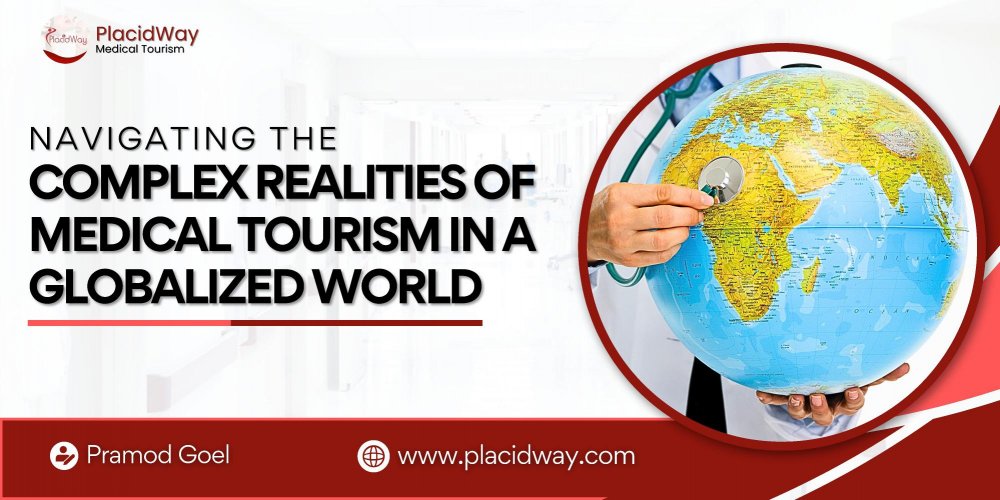Navigating the Complex Realities of Medical Tourism in a Globalized World
The conventional understanding of globalization—often reduced to the concept of "creating a single, interconnected marketplace out of previously separate national and international markets"—is evolving. In today's landscape, globalization in the healthcare industry signifies much more than easy accessibility to cosmetic surgeries or dental treatments across borders.
Drawing from Pramod Goel's "Evolution of Medical Tourism," we can acknowledge that medical tourism is not a monolith but an intricate ecosystem encompassing medical equipment, education, clinical trials, pharmaceuticals, and even the advent of telemedicine.
Key Drivers of Globalization in Medical Tourism
Tangible Factors
1. Cost-effectiveness - As Goel underscores in his book, economics still stand as a significant motivator for medical tourism. Whether it's dental work in Mexico, cardiac care in India, or orthopedic procedures in Thailand, patients are willing to cross borders to save money without compromising quality.
2. Specialization and Expertise - Specialization in healthcare is no longer a luxury but a necessity. High expertise in specific medical fields, coupled with advancements in technology, leads to better patient outcomes. This form of healthcare globalization enables patients to seek the best specialized treatments around the globe.
3. Technological Advancements - Technology, from AI diagnostics to robotic surgeries, is levelling the playing field. It enables standardization and the possibility for remote treatments, thus bringing healthcare solutions closer to patients globally.
Intangible Factors
1. Cultural Fluidity - Cultural barriers are dissolving as we forge into an interconnected world. This trend allows for a more inclusive understanding of health and wellbeing, offering different traditional and modern treatment options.
2. Destination Specialization - As pointed out in Goel's book, countries are not only marketing their cost-effectiveness but also their specialization. For example, Turkey has become synonymous with hair transplants, while Costa Rica is building a reputation in the dental tourism sector.
3. Social Media and Digital Influence - The role of social media is inescapable, serving as both a discovery and validation tool. Digital platforms are breaking down barriers faster than any treaty, offering transparent reviews, live experiences, and even virtual consultations, thus democratizing information.
The Future Trajectory
The future of medical tourism demands a reevaluation of existing paradigms. As Pramod Goel emphasizes, it is vital to understand the complex interplay between economic, technological, and socio-cultural influencers shaping this industry. Understanding these nuances will not only foster innovation but also improve global healthcare offerings, ultimately benefitting healthcare consumers around the world.
For deeper insights into the ever-changing landscape of medical tourism, refer to specialized sources and continue to monitor real-world adaptations and breakthroughs.
Click below for more information on the evolving world of Medical Tourism.





